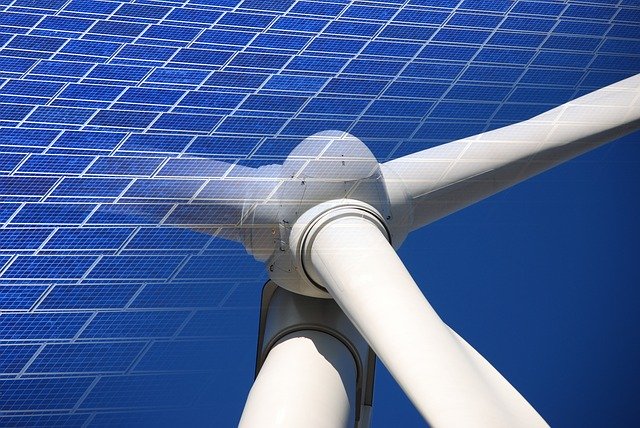
GWEC’s Five point action plan for world leaders towards energy and climate change crises
Global Wind Energy Council (‘GWEC’) published an action plan for policymakers to steer a way out of the current energy and climate change crises. The five-point plan, Accelerating renewables to achieve energy security, affordability and climate action, addresses the need to restore order to energy markets while meeting climate goals and creating a secure, stable energy transition.
The plan is published against the background of record temperatures and economic stress around the world driven by these crises. A heatwave has caused thousands of deaths in Spain and Portugal, while drought and wildfires have affected France, Italy, Greece, Croatia, Turkey and Morocco this year. Historic high temperatures are hitting the UK and US, India has experienced a series of heatwaves over recent months and China endured its hottest June on record this year. Meanwhile, the energy crisis has contributed to an economic crisis, massive civil unrest and political instability in Sri Lanka.
These events are connected, and symptomatic of a disorderly, volatile energy transition. They highlight the need for urgent action to accelerate the deployment of renewable energy to ease economic pain, lower energy costs and put us on a net zero pathway. Wind energy can be rapidly scaled up in the next few years to offer solutions to power price volatility, energy insecurity and fossil fuel dependency, while building a secure energy transition in the mid-to-long-term.

The Five-Point Plan
With five actions, governments can enable huge volumes of green energy to ease the energy security and climate crises, while avoiding decisions which lock in fossil fuel dependency and risk worse crises in the future.
- Urgently streamline permitting to produce a huge increase in wind capacity in the next 1-3 years and build a net zero-compatible project pipeline.
- Implement a grid access action plan to get large volumes of renewable energy connected.
- Introduce simplified mechanisms for clean power procurement and pricing to rapidly unlock investment.
- Avoid locking in large-scale fossil fuel-based generation.
- Commit to firm energy transition plans and milestones to allow the renewables industry to plan for healthy supply chain development.
Policymakers must make sensible decisions which prioritise the energy transition and are sensitive to the social, economic, environmental and national security risks of prolonged dependency on fossil fuels. These five steps can usher in a system transformation which benefits all of society.
Information Source: Read More–>
ENERGY | ELECTRIC POWER | NATURAL GAS | OIL | CLIMATE | RENEWABLE | WIND | TRANSITION | LPG | OIL & GAS | SOLAR | ELECTRIC | BIOMASS | SUSTAINABILITY | OIL PRICE |

